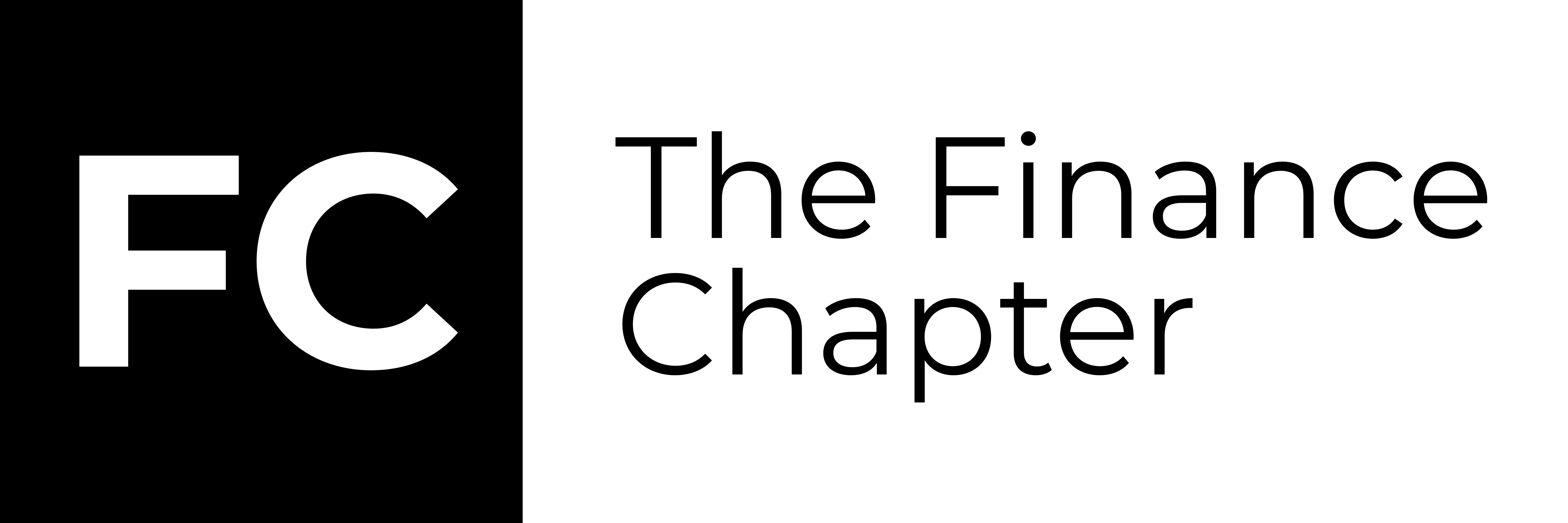
A friend of mine has an incredible gift for seeing the silver lining in dire situations.
You know?
He would say.
This might actually be a good thing.
And in the following conversation, he would illuminate a unique perspective on things.
It’s a rare gift because it takes something special to extricate oneself from a situation and see it for what it could be.
On the surface, what resembles blind optimism, disconnected from all reality, turns into a not so gloomy picture, when viewed from a different place. This speaks to what opportunity is. It’s a possibility that comes into view when one takes on a new lens and sees things in a different light.
Opportunities can indeed fall kindly on one’s lap. But contrary to popular belief, it hardly ever comes knocking. If anything, it is discovered. Certain attributes make some people more likely than others to land that discovery.
We can agree that having more opportunities is generally (if not always) preferred to less. But what does it take to find it?
In this thought, we consider three factors and their influence on our ability to discern opportunity.
Change Readiness
To discover opportunity, one needs to be open to – even hopeful for – the changes that would result from it.
Change readiness detaches people from the status quo, allowing them to raise their gaze and see new possibilities. The impetus for it is varied. It ranges from discontent and frustration to curiosity and ambition. But change readiness always does one fundamentally important thing – It helps us make the mental adjustments needed to see and reach for new options. In finance jargon, these options are an opportunity set. Being ready for a change helps clarify and access them.
My recent experience reinforces this. Late in 2020, my wife and I decided to relocate to Melbourne Australia. Before this, the prospect had only ever come up in casual conversation. But once we made the decision, we immediately began to see how (even amidst uncertainty) it would be possible, and in short order, this ideal became our reality.
In a nutshell, being comfortable with the way things are, makes it hard to see how different they could be. Change readiness opens you up to possibilities you wouldn’t otherwise fancy. When you’re ready, you’ll see a completely new opportunity set.
Attitudes To Loss
Change readiness is essential for seeing possibility and (by extension) opportunity. However, it’s one thing to envision a prospect, and another to believe it’s achievable. There’s a bit of internal negotiation involved in which the benefits and costs are weighed on several dimensions.
But this thought process is skewed by a natural human tendency called loss aversion. It’s a cognitive bias that explains why the pain of losing is far more powerful than the pleasure of gaining. So the prospect of losing all the investment required to reach for an opportunity – time, effort, emotion, finances etc – would need to be offset by a far greater gain.
This insight was first shared by Daniel Kahneman and Amos Tversky in a seminal journal entry titled: Prospect Theory: An Analysis of Decision under Risk. They showed that people are about twice more sensitive to losing than gaining.
Loss aversion implies that threats loom larger than opportunities in decision making. You may recognise the same underlying idea in a commonly cited adage:
“A bird in the hand is worth two in the bush.”
Loss aversion makes us prone to write off opportunities without much forethought. This bias serves very well when the goal is to preserve the status quo and not waste valuable resources. But when opportunities present, loss aversion can stifle progress towards it. So how do we mitigate its effect?
Those who excel at assessing opportunity are not necessarily more bullish and optimistic than their peers. They are merely less attached to the status quo. This mental disconnect allows for a much less biased assessment of prospects. Why? Because the emotional connection to any potential loss is simply not as strong. Being self-aware can help you recognise your emotional leanings in such instances.
Another way to mitigate loss aversion is by reframing loss in a positive light. It could be seen as a learning and growth opportunity. With this mindset shift, moving forward presents potential wins, regardless of the outcome.
Both of these strategies for mitigating the effects of loss aversion are helped by having trusted colleagues whose judgement you can depend on. They offset the bias by presenting you with an independent opinion, void of emotional leanings. So when in doubt, call a friend.
An Outside View
There’s yet another factor that plays into how discernible opportunity is.
Sometimes, discerning opportunity is about seeing a unique perspective. This has a lot to do with how opportunities present themselves. It takes one person connecting a need here and an idea there. But the idea in question is not familiar in the context of the need. Those who can discern opportunity and make this connection can bring what’s called an outside view into the situation.
Outsiders are called many things: curious, open-minded, aficionados and dilettantes. But what they have in common is an eagerness to learn. This opens them up to new insights. And it’s that insight that lends them a unique take on everyday situations.
As it happens, there’s an ongoing initiative that proves the power of the outside perspective. Where industry experts and leading minds have failed, organisations crowd-source solutions to their most pressing problems by posting them on innocentive.com. The likes of NASA, AstraZeneca and Thomson Reuters are among the organisations featured on the customer stories page. One of the platform’s prolific problem solvers, Ed Melcarek, attributes his success to having too diverse a set of skills and experience. The platform provides an 80% success rate delivering Problem to Solution in 2-6 months!
You can cultivate this outside view in several ways: Reading, listening to podcasts, watching shows etc. Whatever you choose, do bring some curiosity into your process. This way, you’re not engaging with content purely for its entertainment value. This ensures you bring the right presence of mind to bear and that the knowledge sticks.
Being a keen learner helps with discerning opportunities because the world you see (and imagine) is capped by your view of what’s possible. And your knowledge base informs that view.
Summary
An eye for opportunity leads to real options. It requires having a mindset sufficiently removed from the status quo. This way, the mental barriers for preserving the status quo are not as strong.
Discerning opportunity also entails bringing insight to bear in novel ways. For this, one needs to somewhat foster a healthy relationship with knowledge, especially outside of one’s domain. This enables connections that pair insights from one area with needs in another, bringing the outside view into the situation.



